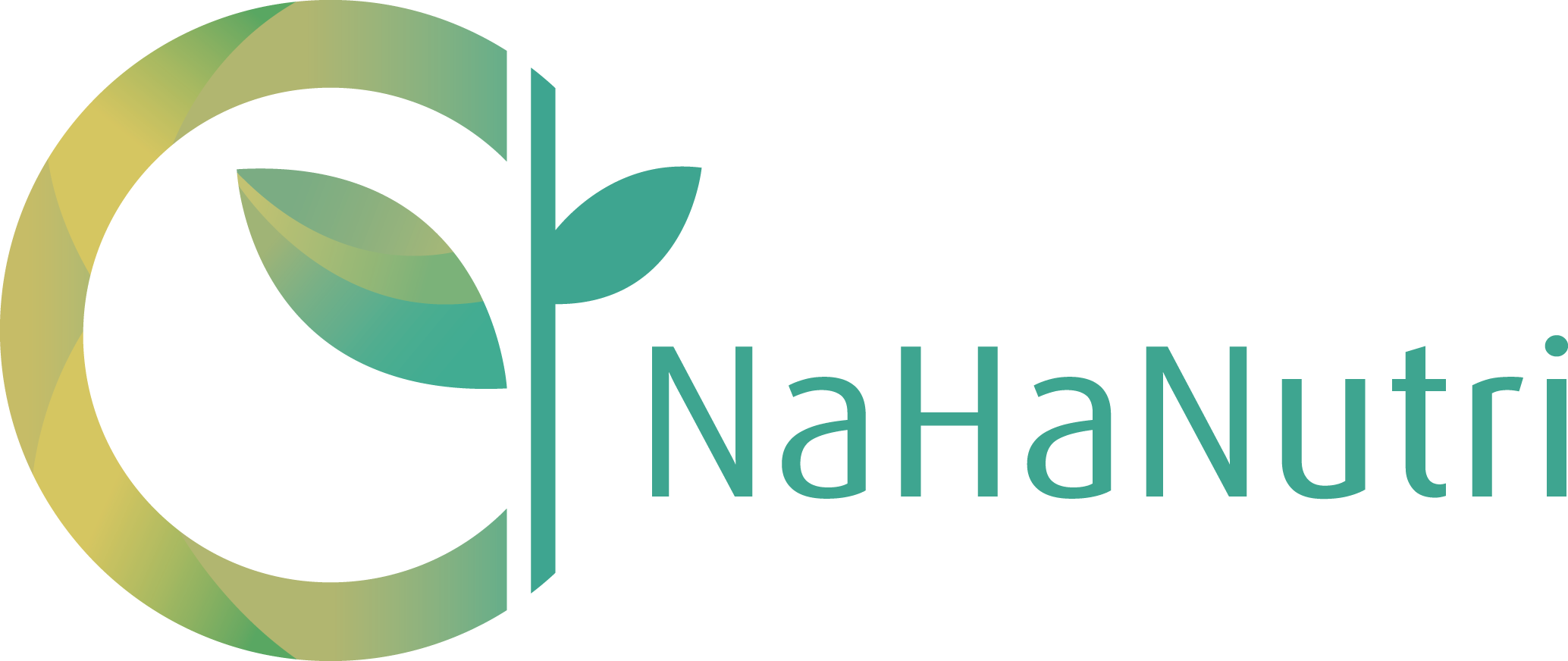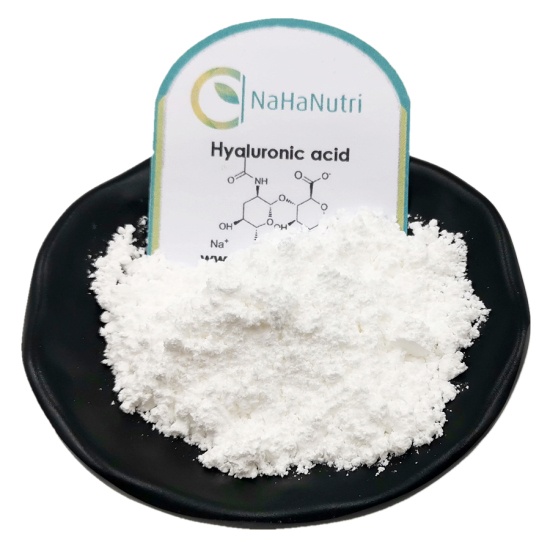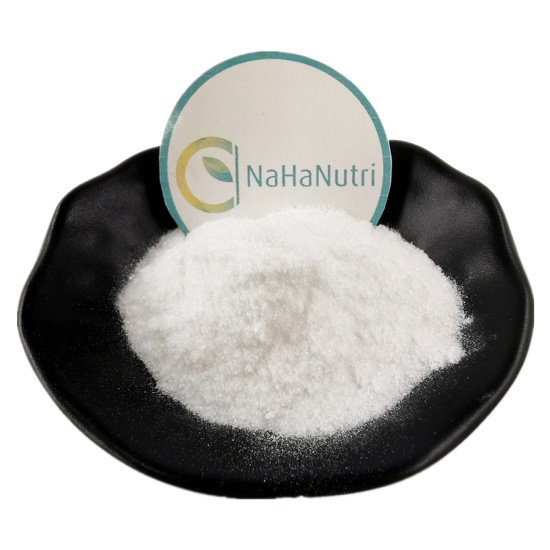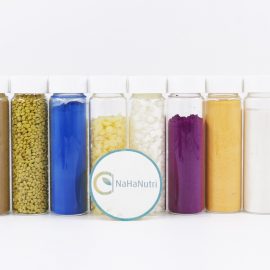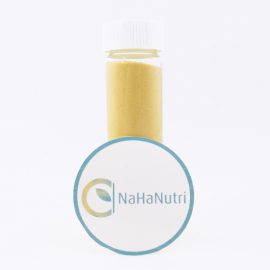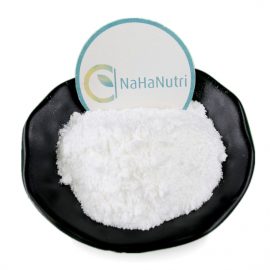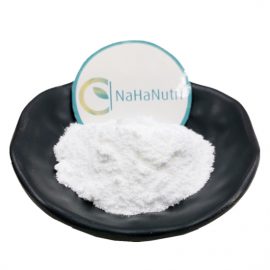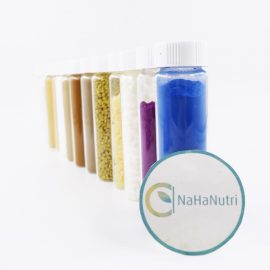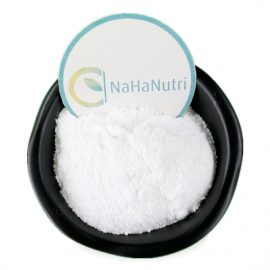Description: Hyaluronic acid is a natural polysaccharide (large sugar molecule) that occurs in various tissues (skin, synovial fluids of joints, connective tissues). Responsible for tissue hydration, lubrication, & tissue stability, holds 500 times its own weight of water. White powder, no odor. Molecular weight 800-1200kDa. Soluble in water. ph 5-8.5 in 5% aqueous solution. Shelf-life up to 3 years if stored protected from humidity and microbial contamination.
CAS: 9067-32-7
INCI Name: Sodium hyaluronate
- Most powerful moisturizer and humectant available
- Provides smoothness and softening to the skin
- Can reduce the appearance of wrinkles
- Ideal ingredient after skin peels
Use: Typically used at 0.1-2%. Hyaluronic acid is not readily soluble in water as it binds water very quickly forming a gel. Hyaluronic acid needs to be carefully sprinkled into the water under constant high-speed stirring (preferably with a hand mixer or vortex mixer). The mixture starts then thickening quickly and becomes a gel. At the point no additional hyaluronic acid can be added as there is no water left for hyaluronic acid to be dissolved in (additional hyaluronic acid would only form lumps).
Applications: Hydrating gels, moisturizing creams & lotions, anti-aging & anti-wrinkle products, pre/after sun lotions, protecting / nourishing & moisturizing skin care products, products for sensitive or dry skin.
Country of Origin: China (ISO certified factory)
Raw material source: Glucose, soy peptone and yeast extract
Manufacture: Hyaluronic acid is produced biotechnologically through microbial fermentation with the aid of yeast extract and peptones and serums.
Animal Testing: Not animal tested
GMO: GMO-free
Vegan: Does not contain animal-derived components
Certifications: ECOCERT, COSMOS
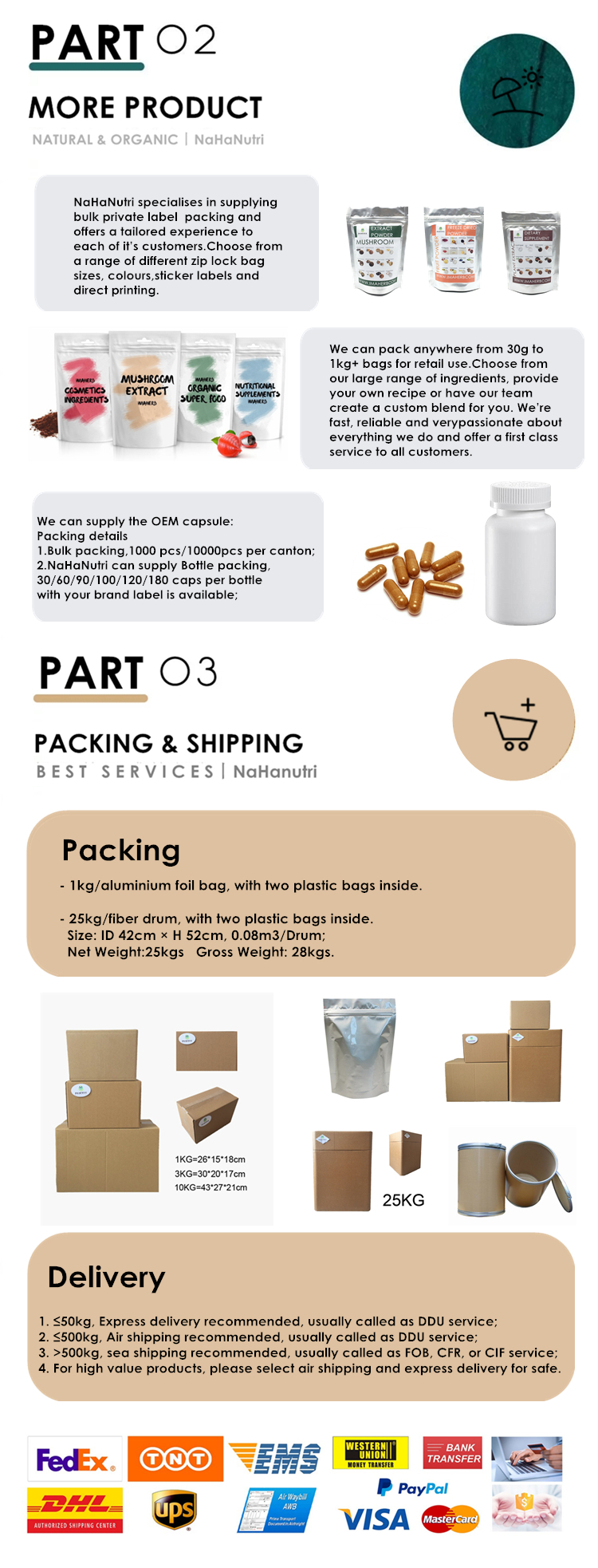
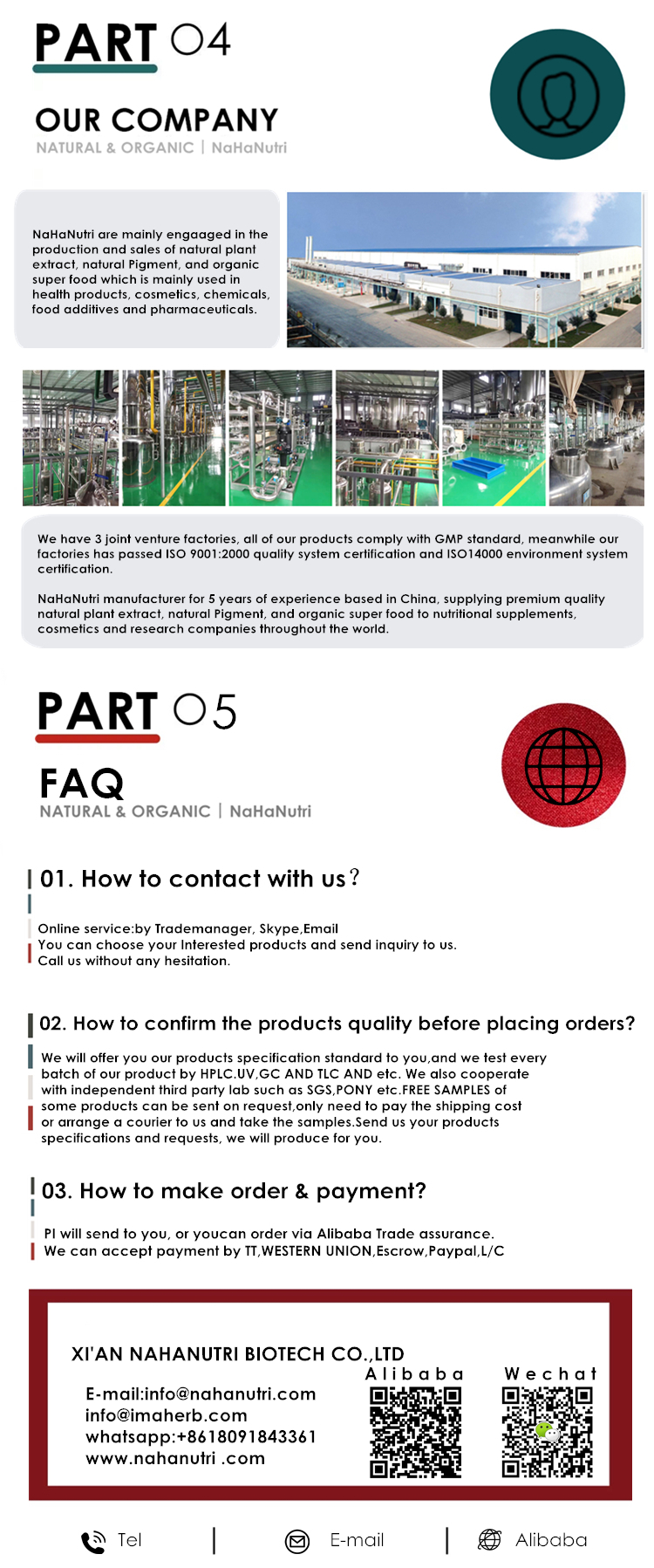
Lecithin
